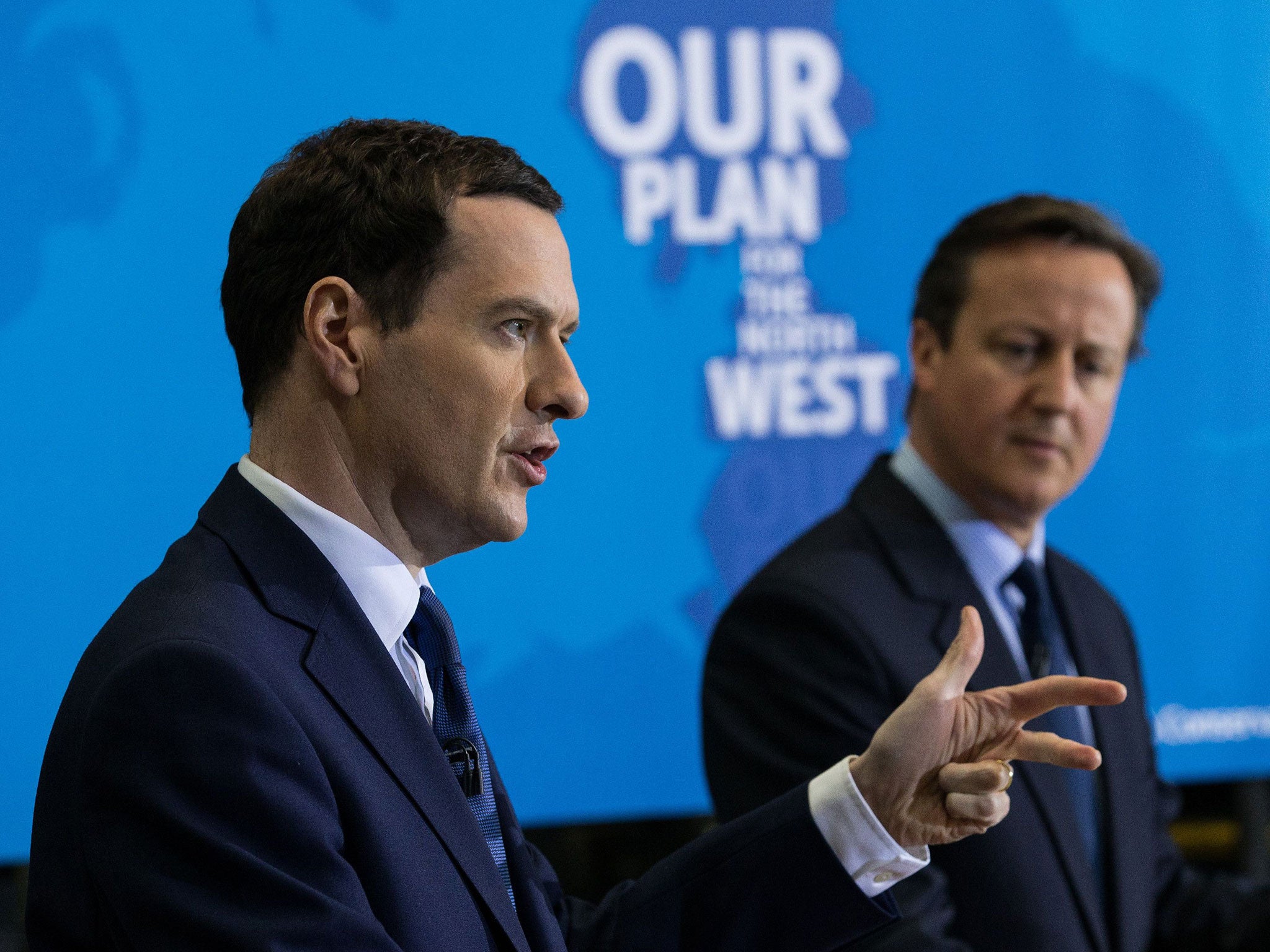Tories and DUP 'drew up secret hung Parliament deal after 2015 election'
Leaked document reveals the terms and conditions the Northern Irish party laid out in 2015 ahead of agreement currently being thrashed out

Your support helps us to tell the story
From reproductive rights to climate change to Big Tech, The Independent is on the ground when the story is developing. Whether it's investigating the financials of Elon Musk's pro-Trump PAC or producing our latest documentary, 'The A Word', which shines a light on the American women fighting for reproductive rights, we know how important it is to parse out the facts from the messaging.
At such a critical moment in US history, we need reporters on the ground. Your donation allows us to keep sending journalists to speak to both sides of the story.
The Independent is trusted by Americans across the entire political spectrum. And unlike many other quality news outlets, we choose not to lock Americans out of our reporting and analysis with paywalls. We believe quality journalism should be available to everyone, paid for by those who can afford it.
Your support makes all the difference.A secret deal outlining what would happen in the event of a hung Parliament was drawn up between the Conservatives and the Democratic Unionist Party (DUP) following the 2015 general election, a leaked document has revealed.
As the two parties meet to thrash out a deal which could see the Northern Irish pro-union party prop up a minority Conservative government, The Daily Telegraph has obtained a copy of the agreement, marked as “official” and “sensitive” and drafted in the days after the 2015 election, which the Tories won with a slim majority.
Representatives of then-Prime Minister David Cameron and Chancellor George Osborne met senior figures in the DUP for secret talks after the election two years ago – where pollsters had incorrectly predicted a hung Parliament.
The draft agreement could indicate potential sticking points in the anticipated “confidence and supply” arrangement between the parties, stating that DUP MPs will vote with the Government on all matters except devolved issues, matters relating only to Northern Ireland and – crucially – welfare reforms. The socially conservative DUP is pro-welfare state, meaning the Conservatives would have problems getting any further cuts to benefits through Parliament.
The 2015 deal was never formally ratified but the document could reveal the broad thrust of the deal which Prime Minister Theresa May is expected to unveil details of in the next few days.
In return for support, the 2015 draft says the Government would increase funding for the armed forces.
On military spending, the agreement said: “The DUP and the Conservative Party agree that the UK’s standing in the world is of paramount significance.
“The DUP will accordingly support the Government’s determination to maintain the scope and reach of our diplomatic effort, the scale and effectiveness of our international aid programme (including in relation to conflict resolution and stabilisation) and the strength of our national defence.
“The Government will maintain the current size of the regular armed services, increase the reserves to 30,000 and maintain the real value of the £163billion capital defence equipment programme, with the ambition of holding defence sending (including spending on cyber and counter-terrorism) at 2 per cent of GDP.”
The pre-Brexit document lays out several ways in which the Conservatives would give financial support to Northern Ireland in return for the DUP’s backing.
The Government agreed to “examine seriously… adjustments to the Corporate Tax regime in Northern Ireland” and to “discuss with the DUP other tax changes that could encourage economic growth in Northern Ireland”.
And the Tories pledged to: “Work with the DUP to maintain Northern Ireland’s 100 per cent regional aid status, to reduce electricity costs in Northern Ireland and to ensure that both Innovate UK and the British Business Bank focus more heavily on Northern Ireland.”
The Conservatives further pledged to “enhance” foreign office support for foreign direct investment into Northern Ireland and “ensure that Northern Ireland can receive a fair share both of national government contracts and of infrastructure investments”.
The agreement was negotiated by then Chief-Whip Oliver Letwin and Ed Llewllyn, who was Mr Cameron’s chief of staff.
It stated: “The DUP will support the Government in any no-confidence motion for as long as the Statement of Principles is in force.”
The agreement to be drawn up between the parties this time round is likely to differ from the 2015 draft in light of the UK’s imminent departure from the European Union. The DUP is pro-Brexit, but favours a “soft” exit in part because of the border with the Republic of Ireland and customs laws.
DUP leader Arlene Foster, who is not one of the party’s ten Westminster MPs, is travelling to London for discussions with Ms May this week.
Ms Foster said: “We are going into these talks with the national interest at heart. The Union, as I said before, is our guiding star.
“We believe in the Union, we believe in national stable government, and that will be at the forefront of our mind going into these talks again tomorrow.”
It has been suggested the Queen’s Speech could be delayed from its scheduled date on 19 June to allow more time for the agreement to be finalised with DUP and for a legislative programme to be put in place.
The DUP’s demands are expected to be more economic than social, in spite of concerns about the party’s socially conservative beliefs on issues such as same-sex marriage and abortion, because most of these matters are devolved.
Criticis have raised concerns about whether the Government can maintain a neutral stance between Republicans and Unionists, whose power-sharing arrangement in the Northern Ireland Assembly recently broke down, while it is reliant on the DUP to get its legislation through Parliament.
Join our commenting forum
Join thought-provoking conversations, follow other Independent readers and see their replies
Comments